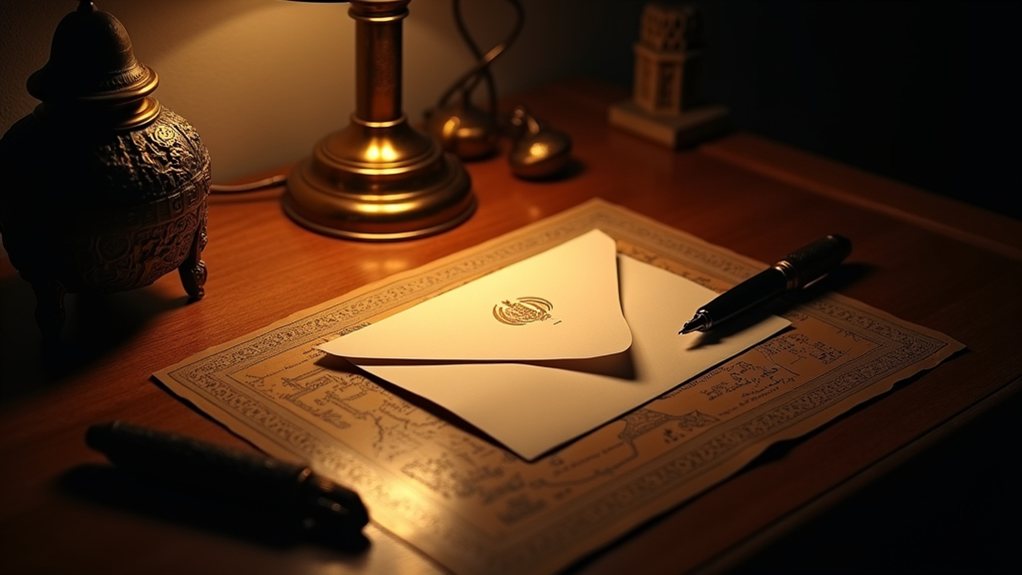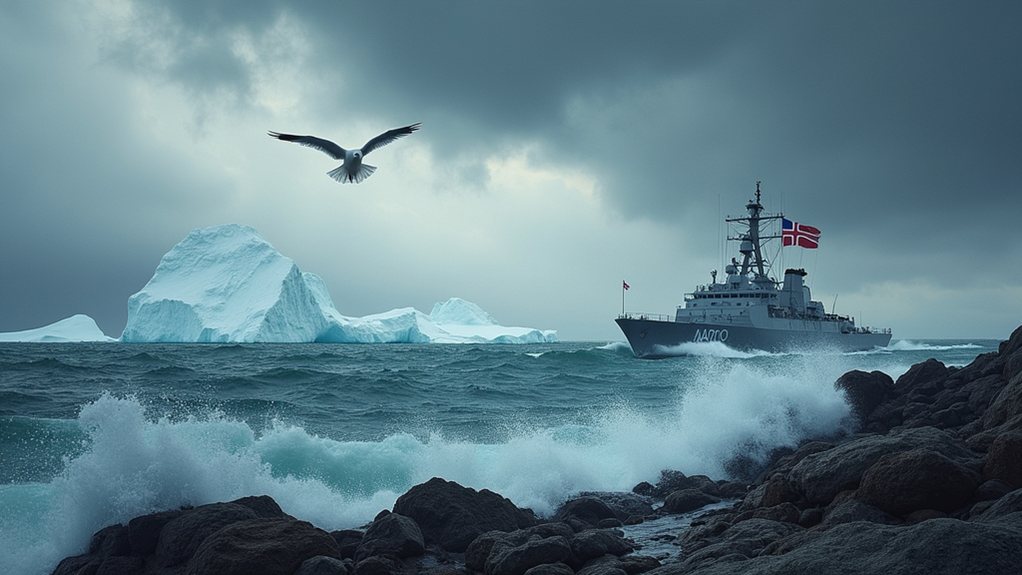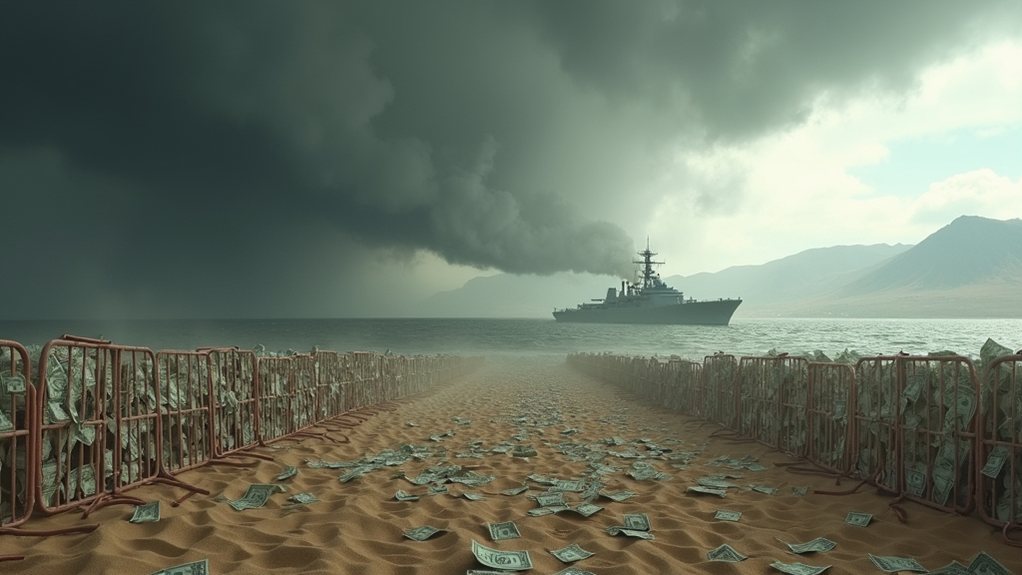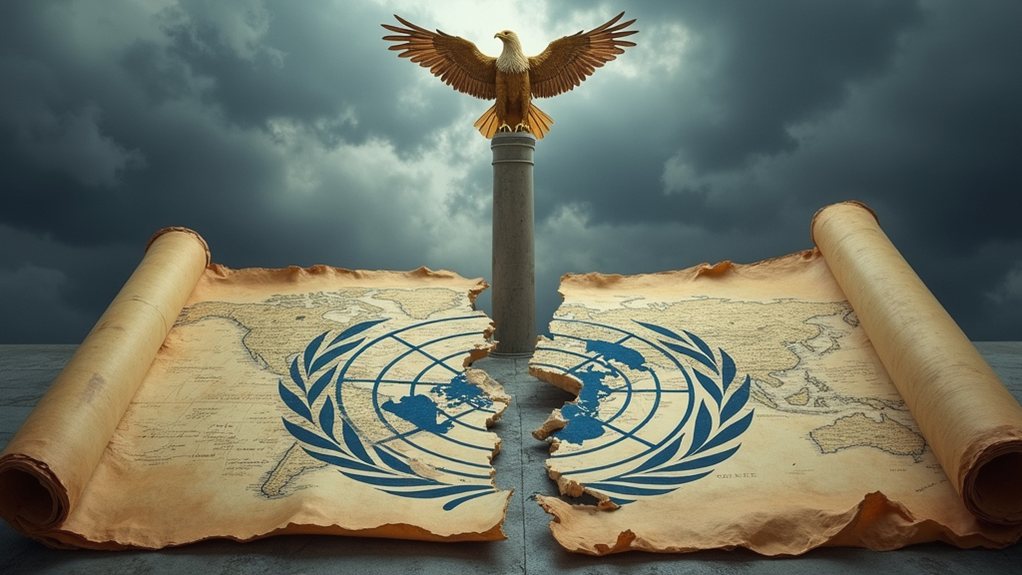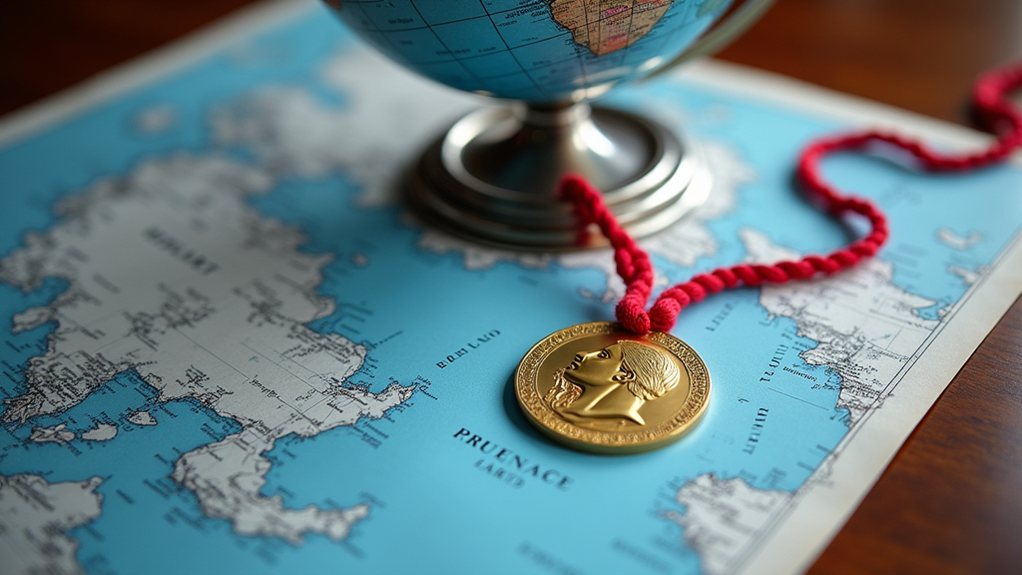In a surprising move, former President Donald Trump sent a secret letter to Iran's Supreme Leader, Ayatollah Ali Khamenei, in an effort to spark talks about Iran's growing nuclear program. The letter was delivered by Emirati diplomat Anwar Gargash to Iran's Foreign Minister. This outreach follows Trump's "maximum pressure" campaign and new sanctions on Iran, echoing his earlier letter-writing efforts to North Korea's Kim Jong Un during his first term.
The full text of the letter hasn't been published, so its contents remain largely speculative. However, it's reported that Trump urged Iran to negotiate to avoid potential military action. Some analysts suggest the letter may include demands beyond just the nuclear issue. Russian Foreign Minister Lavrov hinted that Trump might seek a way to measure Iran's support for regional groups. It's unclear if any specific offers or concessions were made to Iran.
Trump's letter to Iran hints at negotiations to avert military action, but specifics remain uncertain amid rising tensions.
The timing of the letter is vital, as it was sent on March 5, 2025, and delivered on March 12. This outreach comes amid heightened tensions between the US and Iran. Iran is enriching uranium to near weapons-grade levels, which raises alarms for both Israel and the US, who have made it clear they won't allow Iran to acquire nuclear weapons. Iran's stockpile currently exceeds limits established in the 2015 deal. The delivery of the letter signifies ongoing diplomatic efforts between the US and Iran.
There's also a shaky ceasefire holding in the Israel-Hamas war in the Gaza Strip.
Iranian officials responded swiftly, with Supreme Leader Khamenei mocking Trump's letter as an "attempt to deceive." Khamenei called negotiations under pressure "irrational." Iran continues to claim that its nuclear program is for peaceful purposes, even as officials threaten to pursue nuclear weapons amid rising tensions.
Trump's strategy appears focused on a negotiated deal, although he still threatens military action. His administration insists Iran must not be allowed to acquire nuclear weapons. The involvement of the UAE highlights its potential role as a mediator, while regional and international reactions continue to unfold.
